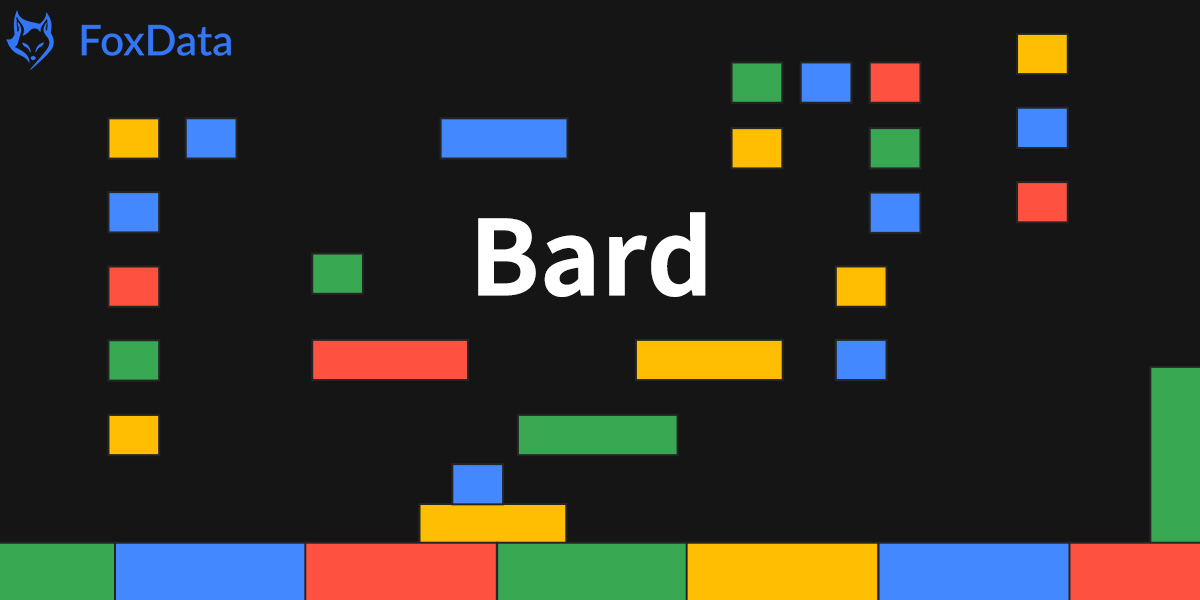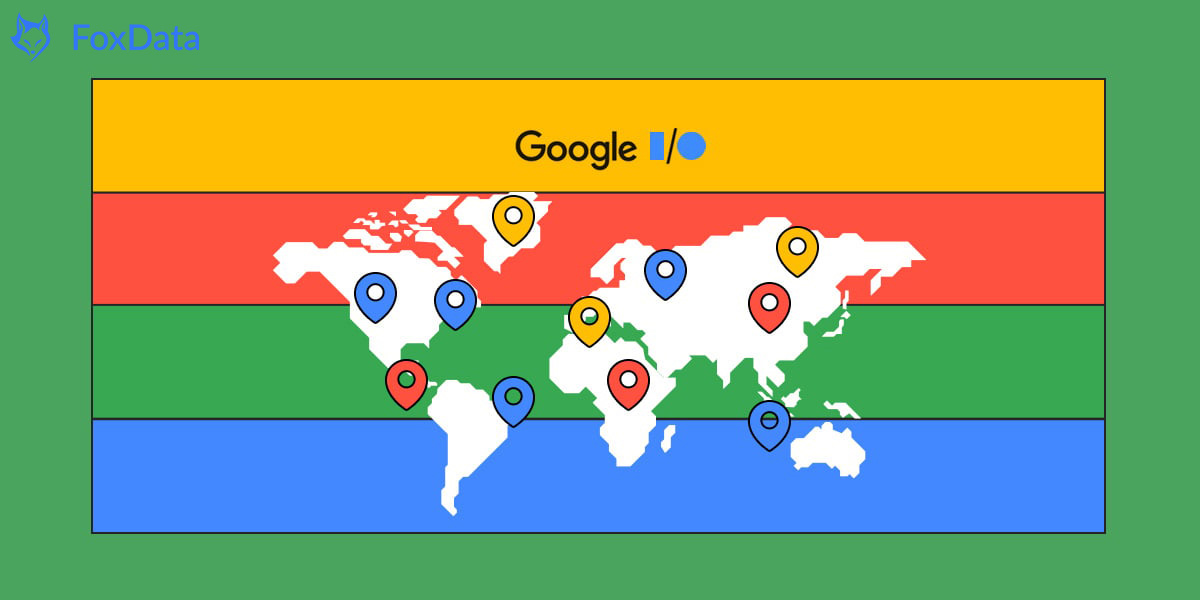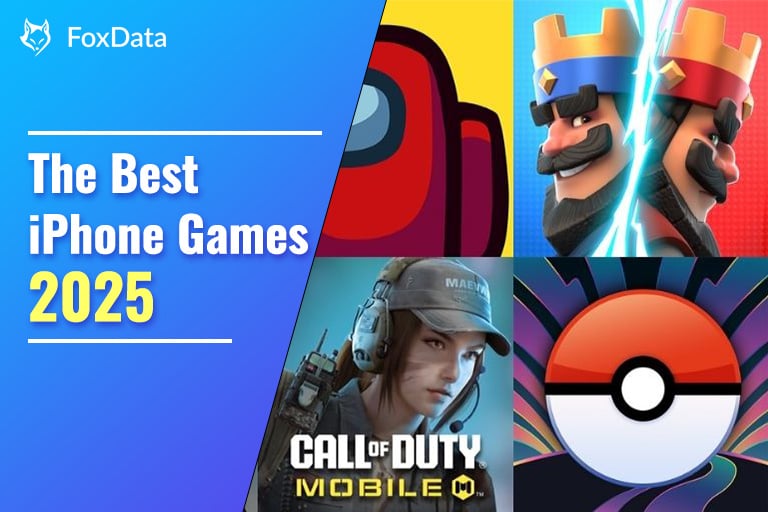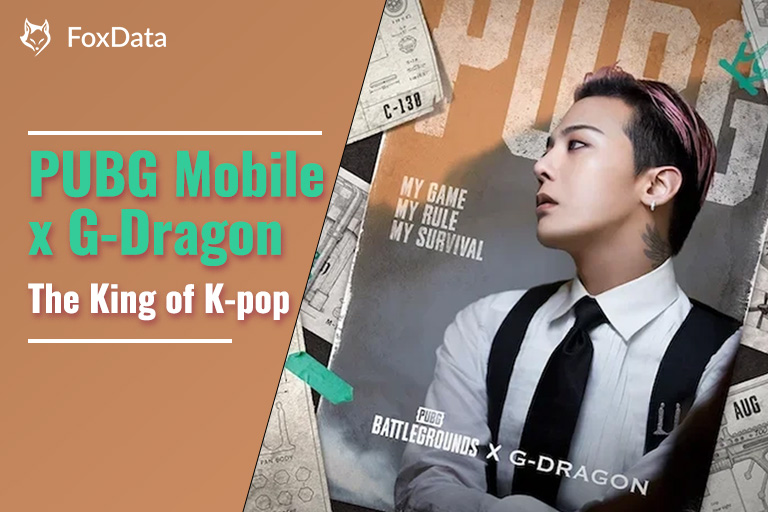Google's Bard: The Next Stage in Conversational AI?

Google's expansion of artificial intelligence usage across its platform has caused a stir in the tech industry. The introduction of Bard, the company's generative AI technology, is particularly significant. Google is utilizing this technology to reimagine its core products, including its search engine, as a direct competition to Microsoft-backed ChatGPT. The Bard waitlist has been removed, enabling users from 180 countries to interact with the AI in English.
Reimagining Core Products
One of Bard's main objectives is to completely reimagine all of Google's core products, including search. Sundar Pichai, Google's CEO, mentioned that the company has been utilizing AI, but generative AI represents the next step. Google is attempting to keep up with Microsoft, which has swiftly incorporated ChatGPT-like capabilities into various products, including the Bing search engine. “We’ve been using AI for a while; with generative AI, we’re taking the next step.” “We are completely reimagining all of our core products, including search.”
More Possibilities For Creators
Google is also allowing partners to develop extensions that introduce AI capabilities to apps and services like Gmail and Maps. For instance, Bard technology enables suggestions for filling in text while drafting emails and provides art ideas by analyzing a picture of available supplies. Additionally, Google has unveiled new Pixel devices, including a foldable smartphone priced at $1,799, which features a bendable screen enlarging to the size of a tablet computer.
“Google unveiled new Pixel devices, including a $1,799 foldable smartphone with a bendable screen that opens to the size of a tablet computer."
“You’re getting the best of both worlds,” said Rick Osterloh, Senior Vice President of Devices at Google.
“It’s a powerful smartphone when it’s convenient, and an immersive tablet when you need one.”
Supporting 40 Languages
After months of testing in the United States and the United Kingdom, Google has removed the Bard waitlist, allowing users worldwide to interact with it in English. Additionally, languages from countries where English is not the official language will be supported. Jack Krawczyk, Google's senior product director, stated, "Bard will be updated to support 40 languages in the coming months. We're really excited to get Bard into more people's hands."

Google and Microsoft
Google's announcement closely follows Microsoft's public access release of its generative AI programs, which are powered by OpenAI models (the company behind ChatGPT). Wedbush analyst Dan Ives commented, "This could be a defining moment in the AI battle, with Google and Microsoft going head-to-head for market share." He added, "Microsoft's early investment in OpenAI gave it a head start in this Game of Thrones Battle for Big Tech, with Google now playing major catch-up mode."
Although these two major corporations are rolling out new developments, there are risks associated with AI, including the potential use of voice clones, deep-fake videos, and convincing written messages for disinformation. In March, a group of experts, including Elon Musk and Steve Wozniak, issued an open letter calling for a halt in the development of powerful AI systems to ensure safety. Microsoft-backed OpenAI's generative AI technology prompted this action.
The launch of Bard represents a significant advancement in Google's utilization of AI, and the company hopes to leverage it to reimagine core products and compete with Microsoft in the AI sector. Despite the risks, both Google and Microsoft are heavily investing in AI, signifying its crucial role in the future of technology. The battle for market share between these two companies will be fascinating to observe in the coming years.
Now just join FoxData and embark on a journey of marketing excellence as we unveil the latest industry news, unveil powerful growth strategies, and present cutting-edge measurement solutions.
With FoxData as your guide, watch your performance soar to new heights!






